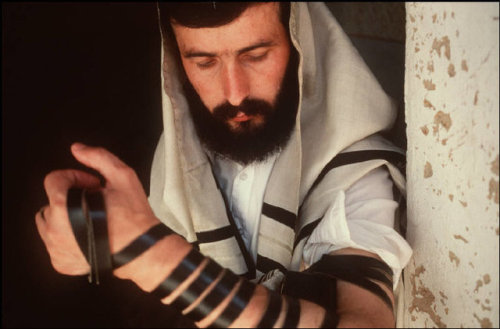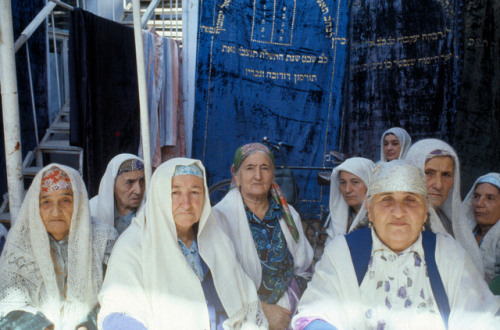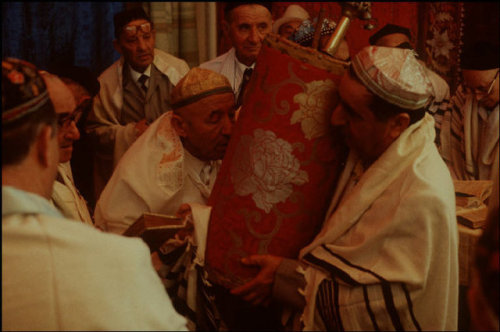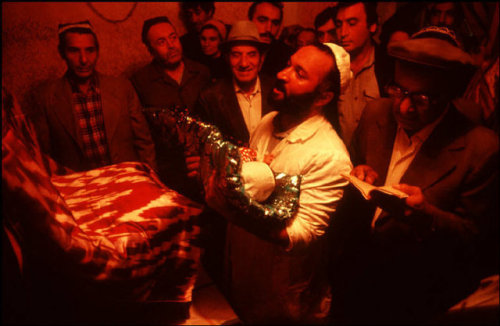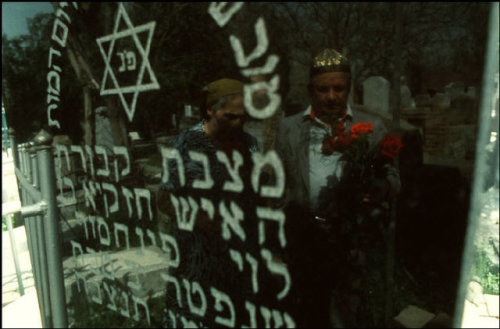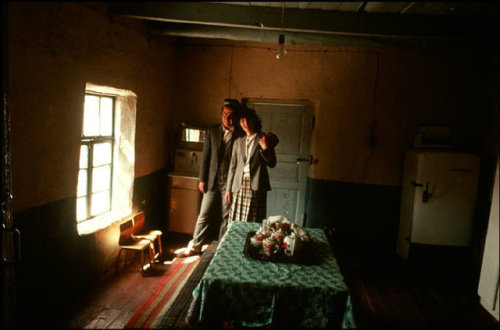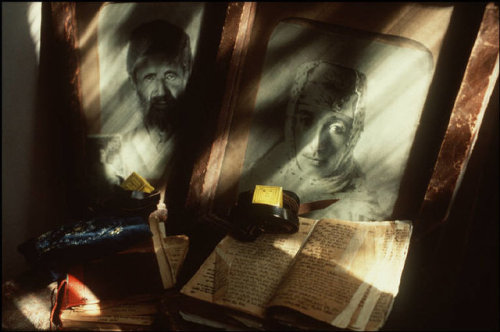songs-of-the-east:The Jewish people of Uzbekistan photographed by Gueorgui Pinkhassov“The term Bukha
songs-of-the-east:The Jewish people of Uzbekistan photographed by Gueorgui Pinkhassov“The term Bukharan was coined by European travelers who visited Central Asia around the 16th century. Since most of the Jewish community at the time lived under the Emirate of Bukhara, they came to be known as Bukharan Jews. The name by which the community called itself is “Isro'il” (Israelites). The appellative Bukharian was adopted by Bukharan Jews who moved to English-speaking countries, in an anglicisation of the Hebrew Bukhari. However, Bukharan was the term used historically by English writers, as it was for other aspects of Bukhara. Bukharan Jews used the Persian language to communicate among themselves and later developed Bukhori, a Tajik dialect of the Persian language with small linguistic traces of Hebrew. This language provided easier communication with their neighboring communities and was used for all cultural and educational life among the Jews. It was used widely until the area was “Russified” by the Russians and the dissemination of “religious” information was halted. The elderly Bukharan generation use Bukhori as their primary language but speak Russian with a slight Bukharan accent. The younger generation use Russian as their primary language, but do understand or speak Bukhori.The Bukharan Jews are Mizrahi Jews and have been introduced to and practice Sephardic Judaism. The first primary written account of Jews in Central Asia dates to the beginning of the 4th century CE. It is recalled in the Talmud by Rabbi Shmuel bar Bisna, a member of the Talmudic academy in Pumbeditha, who traveled to Margiana (present-day Merv in Turkmenistan) and feared that the wine and alcohol produced by local Jews was not kosher. The presence of Jewish communities in Merv is also proven by Jewish writings on ossuaries from the 5th and 6th centuries, uncovered between 1954 and 1956.” -- source link
